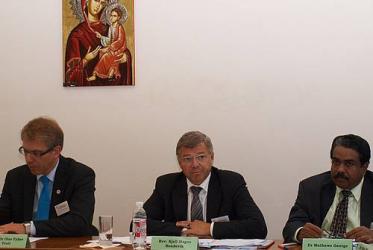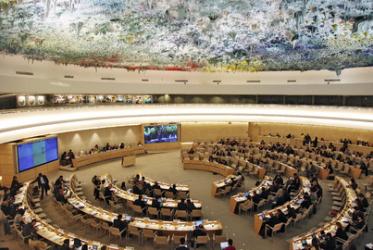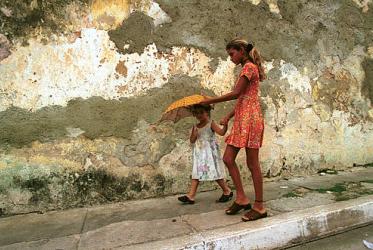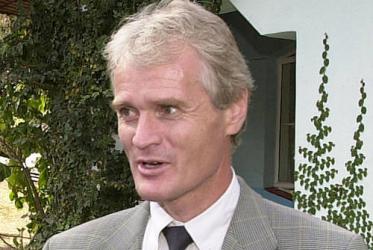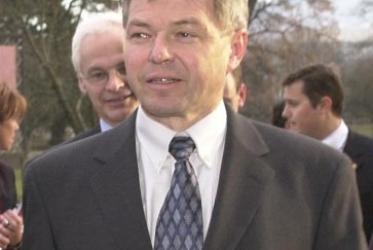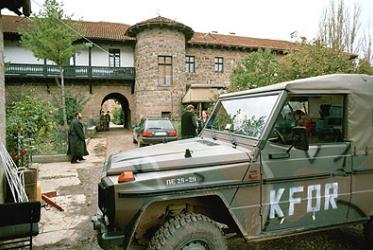Displaying 161 - 180 of 188
31 January 2012
Ecumenical delegation visits Ivory Coast amidst political crisis
13 December 2011
Equal rights for all the measure for assessing freedom of religion
06 December 2011
Living Letters team to visit the Philippines
25 November 2010
WCC UN Advocacy Week focuses on Palestine – Israel and Nigeria
20 September 2010
WCC youth team views situations of violence in India
03 October 2008
Church statements should have roots in scripture
19 February 2008
WCC fills six key staff leadership positions
18 April 2007
Taking risks to protect the vulnerable
24 January 2007
Tragic death of Father Boulos Iskander
17 October 2006
April 2005
22 March 2005





